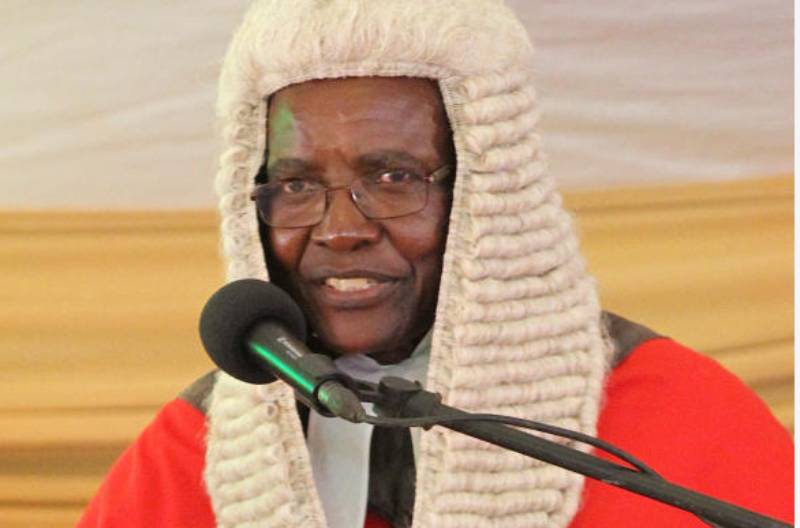×
The Standard e-Paper
Stay Informed, Even Offline

The Supreme Court has trimmed the long and meandering side cases that emanate from criminal trials, delaying their conclusion.
In a landmark judgement which is a major victory to the Director of Public Prosecution Noordin Haji, the highest court in the land yesterday declared that trial courts should not halt hearing criminal cases awaiting suspects to lodge or appeal preliminary or constitutional issues that arise.